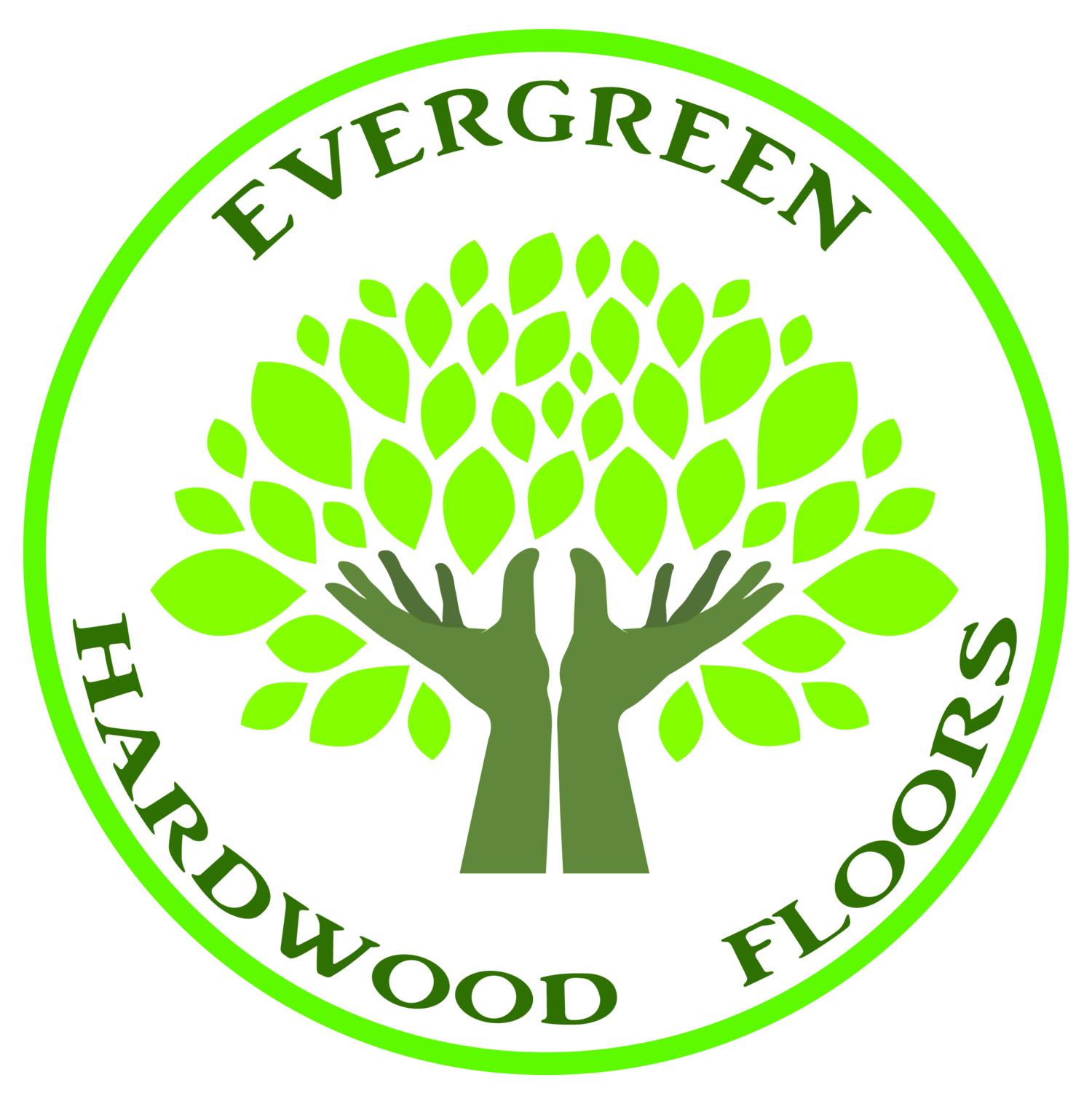As a flooring material, bamboo has many of the same benefits of hardwood flooring, Like wood flooring, bamboo is an attractive natural material that generally adds real estate value to a home. While the bamboo plant is a type of grass, not a tree, bamboo flooring behaves much like wood flooring, it can even be refinished in the same way. Bamboo is every bit as hard as most hardwoods and is slightly more water-resistant. Bamboo will be of most appeal to consumers interested in using natural, renewable resources. Bamboo can be repeatedly harvested every 5-6 years unlike wood which takes 20 years.
Eco-Friendly
As stated previously, bamboo is considered a green product, it is more environmentally friendly compared to other types of flooring. Bamboo stalks that are cut simply continue to grow and replenish themselves so that they can be harvested removing the process to re-plant.
Easy Maintenance and Repair
Bamboo is relatively easy to maintain. Just sweep or vacuum it regularly to remove small particle debris. You can also occasionally damp mop it or clean it with a non-wax, non-alkaline, hardwood or bamboo floor cleanser.
Stronger Resistance to Water
When compared to hardwood, bamboo is more resistant to water damage. And bamboo is harder than many hardwoods, giving it better resistance to scratches and dents though it is not fully water resistant.
Design
Bamboo is a trendy flooring material that can elevate the elegance of a space almost instantly. It has an appearance and a feel that is similar to hardwood and yet is still distinct and different. Bamboo is a good material for consumers who like something different, or who want to make a statement by using a renewable resource. Aesthetically, bamboo can work with almost any home style.
Take your part in making a greener future by using bamboo flooring!





